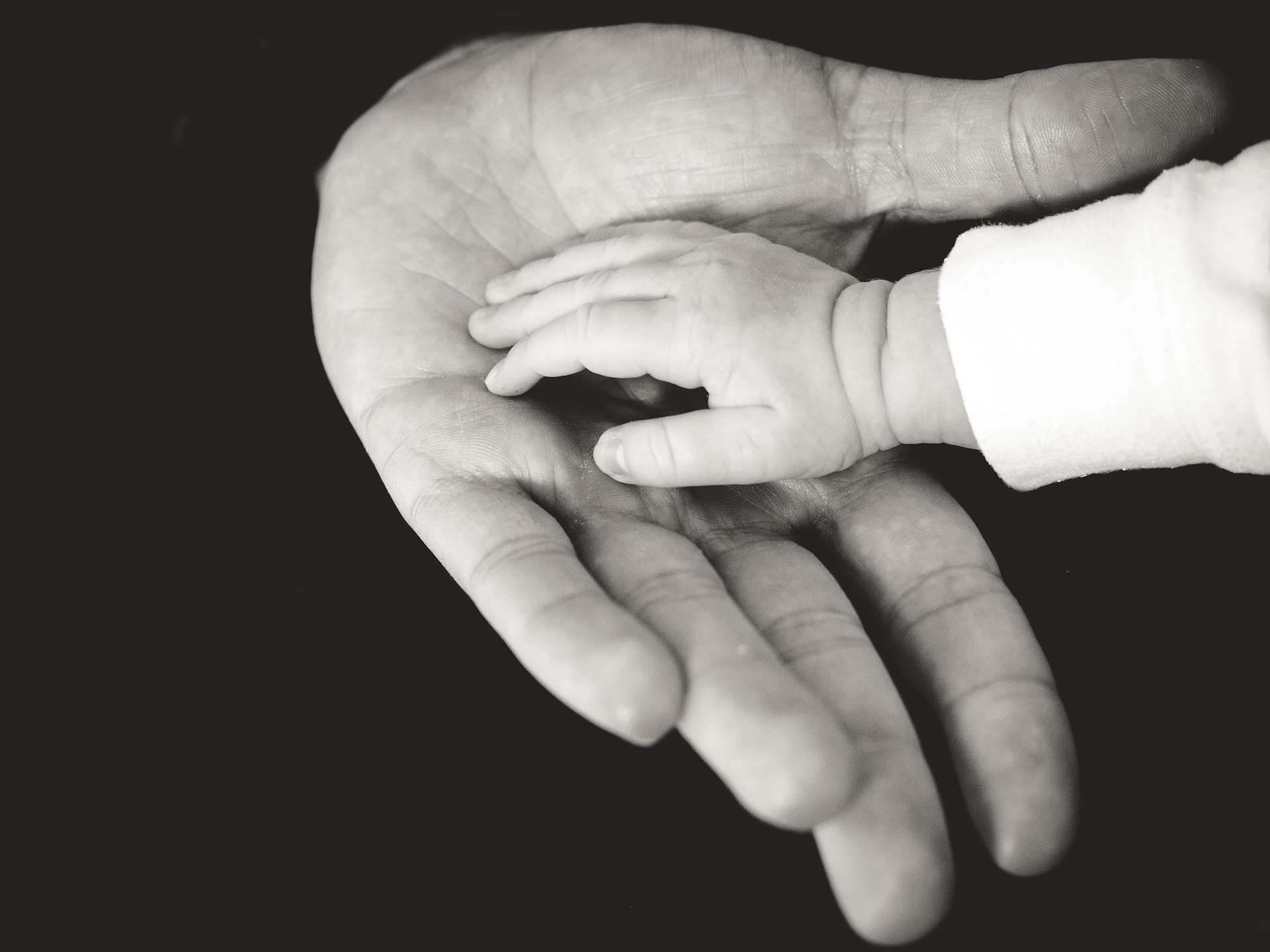We all urgently need to do something to protect our planet. We must produce less greenhouse gases and waste, act much more fairly and, above all, live a much more sustainable life. On a large scale, but above all on a small scale. And we must teach our children how to live more ecologically and consciously than we have done so far. But what is the best way to do that?
Our planet is getting warmer and warmer and natural resources are getting scarcer. If we are not to continue heading so quickly for a climate catastrophe, we must all do something. And everyone can start at home. It’s best to start directly with the youngest ones in the household in tow. After all, it is not difficult to explain sustainability to children and teach them how to live sustainably. After all, the little ones see what we big ones do.
Explaining Sustainability to Children
To explain it in a child-friendly way, sustainability means that we protect animals and the environment with our way of life, that we take care not to pollute the soil, air and water and that we do not waste things. It is also about making sure that everyone is well off, that nobody suffers from hunger and that everyone has enough money.
It is probably clear to everyone that all these things cannot be done overnight. And it also sounds utopian to turn your life upside down from one day to the next. But all the little things that each of us can do contribute to something bigger. And if we teach our children to produce less rubbish, to buy and consume food more consciously and to respect people and animals equally, then this becomes a matter of course for them. They will live by it and pay attention to it. So what can you do to make your life more sustainable and thus bring sustainability closer to your child?
Sometimes Little Tricks Help
If they still don’t actively understand the meaning of sustainability, you can try to make your children behave in an environmentally friendly way by rewarding them for doing the right thing. If your kids read a book instead of spending the whole day in front of the computer or television, they could be prized with a new book. Otherwise, they would have to buy the computer games from their pocket money. Or you can reward your children with a trip together, if they always turns off the tap when brushing their teeth.
Other tools can also be useful to help kids learn sustainable behaviors. For example, you can stick a sticker on the toilet cistern. This will increase their awareness of the situation and they may be more likely to think about activating the flush stop. Stickers in the same colour could also be attached to the light switch in the children‘s room or to the video console. These memory aids can, of course, be removed if the sustainable lifestyle of the children has been memorised.

